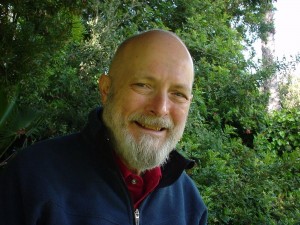The meanings of words change. Meanings evolve. Definitions of words are not set in stone, they aren’t unalterable commandments from God. Words are merely concepts humans have invented. The original definition of “awful” was apparently full of awe, worthy of respect.
Anyone can invent a word. Successful inventions enter common usage. All inventions are typically refined. The invention of words isn’t immune to refinement.
Misunderstanding often occurs regarding the word Singularity because this word is being refined, which is more common for new concepts. I think the Singularity is a colossal intelligence explosion, limitless intelligence, which creates utopia. It is not about mind-uploading or unpredictability.
Post-Scarcity is a clearer way to define the Singularity. Scarce intelligence is the source of all scarcity. Lifespan-scarcity, food-scarcity, or spaceship-scarcity all highlight how intellectual insufficiency is the obstacle to utopia. A resource called “intelligence” is the source of all technology. Technology is essentially intelligence, which means explosive intelligence is an explosion of resources.

Our brainpower has been essential for our progress. Our minds erode scarcity. James Miller in his book Singularity Rising wrote: “Economic prosperity comes from human intelligence.” Ramez Naam also highlights the power of our brains in his book The Infinite Resource, thus regarding innovation he stated on his website: “Throughout human history we have learned to overcome scarcity and adversity through the application of innovation — the only resource that is expanded, not depleted, the more we use it.”
You could say we’re approaching an explosion of innovation. Technology conquers scarcity, technology liberates us from scarcity, but the power of technology (intelligence) is currently limited, scarce. We are suffering from a scarcity of ultra-sophisticated technology (intelligence) thus all resources are somewhat scarce. Human-level AI is extremely scarce, it is non-existent in the year 2013. When human-level AI is created we will start quickly eradicating all forms of scarcity, we will be rapidly approaching a colossal explosion of intelligence – the Singularity. [I was inspired to write about the definition of the Singularity after a G+ post by Mark Bruce. Mark wrote about the meaning of egregious, and wondered why the meaning had changed.]
The word egregious immediately caused me to think about the word gregarious, which is a logical connection to make. Both words are based on the Latin grex, gregis, which means “flock.” Gregarious means sociable, companionable; being part of the flock. Currently egregious means outstandingly bad, but the original meaning was merely outstanding, a shining example of awesomeness. Egregious is all about standing out from the flock, but interpretations could differ because standing out from the crowd can be good or bad. Farmers for example might not appreciate rebellious sheep.
The concept of the “black sheep” is a notorious idiom regarding non-conformity (standing out from the flock). Mark Bruce thought the meaning of egregious could have changed due to sarcasm but I think it’s merely a change based on obedience and conformity. The evolution of civilization has temporarily led to greater regimentation, mediocrity has been valued because it maintains social equilibrium, which I suspect is the reason why egregious (outstanding illustriousness) became bad. Blending into the flock became desirable while nonconformity became shockingly wrong. During the early stages of civilization, when populations were small thus less draining on resources, authoritarian control was less obvious or less needed, which could be why egregious originally described a valuable nonconformist trait of being “outstanding.”
Dealing with extremes can cause a switch between the two poles thus intense love can easily become intense hate if you are betrayed by a lover. Lovers can also become irrationally jealous, vengeful. Perhaps this is why the Singularity can either be utopia or dystopia, or perhaps it is why Snowden is either a hero or a traitor. Maybe it all depends on your viewpoint?
Insufficient intelligence causes humans to misunderstand situations. Fights over scarce resources occur, which causes civilization to emphasize the authoritarian disharmony of scarcity. Intelligent people via their foresight will think Snowden is a hero because they understand technology is eroding scarcity. Conversely Snowden has been deemed a traitor based on unawareness of the future. Snowden’s leaks represent decreasing scarcity but unawareness means people wrongly assume his actions threaten civilization.
Thankfully, despite the teething troubles of civilization, our collective intelligence is increasing thus there is less need to blend into the flock, although we do remain locked into scarcity-based battles. Sometime around year 2030 I think the authoritarian controls of civilization will be significantly abolished, but until then perhaps technology will be awful. Theoretically we could improve civilization much sooner but humans do suffer from scarce intelligence, which means it is difficult to be aware of the future.
The Singularity is a theory not an unalterable prophecy. The Singularity isn’t comparable to the biblical word of God, which warns against change: “I warn everyone who hears the words of the prophecy of this book: if anyone adds to them, God will add to him the plagues described in this book, and if anyone takes away from the words of the book of this prophecy, God will take away his share in the tree of life and in the holy city, which are described in this book.”
If intelligence is the focus of the Singularity then it is vital to refine our understanding of the theory, we need to improve how we define it. We need to consider what the purpose of intelligence is. Is it smart to become more intelligent? Is colossal intelligence really intelligent if it fails to create utopia? Is colossal intelligence painfully slow or is it defined via a emancipatory quickness? Michael Anissimov has stated we should stick to the “original documents” (3m 29s) regarding the Singularity but I think unyielding closure contradicts the openness of intelligence.
In addition to Michael’s biblical immutability, which focuses on the “original documents,” there is an issue with the way that Singularity University defines the meaning of the intelligence explosion. I often encounter people who think the Singularity has already happened. This kind of misunderstanding seems perpetuated by Singularity University because they suggest the Singularity is merely “dramatic technological change.”
If we are merely considering dramatic technological change then it is understandable for people to think the iPhone or Google Glass is the Singularity. Corruption of meanings can be frustrating, very confusing, but restricting our ability to change meanings isn’t the solution. The solution is openness whereby all meanings can be debated without any one individual or organisation imposing their authority to create absolute definitions.
Ray Kurzweil and Vernor Vinge have influenced my thinking but from my viewpoint they don’t fully comprehend the Singularity. Their biggest mistake is to think the Singularity is unknowable, unpredictable, beyond human comprehension. There is no rational reason to assume advanced intelligence would be unfathomable, in fact unfathomableness is decidedly unintelligent thus more appropriate for a censorious religion than explosive intelligence. Explosive intelligence should logically increase comprehension for everyone instead of decreasing comprehension.
A naked singularity, which has no event horizon, is a better analogy than standard gravitational singularities for describing our technological Singularity. Naked singularities are theoretically more powerful than standard black holes, they are more singular, thus metaphorically better descriptors of colossal intelligence. Standard singularities are comparatively boring.
Note also how instead of obscurantism recent black-hole research suggests that physics-ending singularities vanish, thereby creating bridges to alternate universes. This means that with the help of loop quantum gravity we might be able to deny the claim that the laws of physics break down in standard black-holes.
The black hole information paradox is a fascinating paradox. Perhaps information is not lost. Whatever the situation is regarding gravitational singularities, whether information is hidden or revealed, it should be noted obscurantism is not a facet of intelligence. [Although the CIA objecting to Snowden’s openness will probably disagree.] If gravitational singularities entail obscured information, if they are unfathomable or unknowable, then the metaphor is wrong because true intelligence is or should be opposed to [cosmic] censorship. Obscurantism is antithetical to intelligence.
Please note that despite the Singularity inevitably leading to widespread extrasolar, extragalactic and perhaps even multiverse colonisation, it is not a cosmological phenomenon. The Singularity is “only” metaphorically a stellar event.
Similar to how “egregious” had a different meaning at a different point in history, I think changing awareness will let people comprehend how the Singularity is opposed to obscurantism. In the future there will be no elitist restrictions and everyone will easily access explosive intelligence.
Maybe in year 2045 there will need to be Singularity whistle-blowers leaking classified intelligence from the core of the intelligence explosion? Obviously I jest when I state the intelligence explosion would need whistle-blowers. All restrictions upon knowledge will be explosively obliterated. The Singularity will be understood by everyone.
Incorrect definitions of the Singularity are mainly based on unawareness of how scarcity currently shapes our lives. Faulty predictions of the future fail to see how scarcity will be eradicated. The ramifications of scarcity ending are not appreciated. There is a failure to comprehend what the end of scarcity actually entails, namely how it relates to technology and/or information. Based on current circumstances people therefore envisage a future of scarce understanding – a future of restricted information where knowledge is limited to a minority of specialists. This entails incorrectly envisioned scenarios where the future is utterly unfathomable or robots kill humans then destroy the Earth: “…the risks of machines outwitting humans in battles for resources and self-preservation cannot simply be dismissed.”
Finally, the Singularity is capitalized because it is a unique event distinct from gravitational singularities. It is similar to how the Big Bang, the Mesozoic Era, or the Industrial Revolution is capitalized.
About the Author:
 Singularity Utopia writes for Singularity-2045, a Post-Scarcity orientated website dedicated to increasing awareness regarding the coming technological utopia. The goal is to make the Singularity happen sooner instead of later.
Singularity Utopia writes for Singularity-2045, a Post-Scarcity orientated website dedicated to increasing awareness regarding the coming technological utopia. The goal is to make the Singularity happen sooner instead of later.

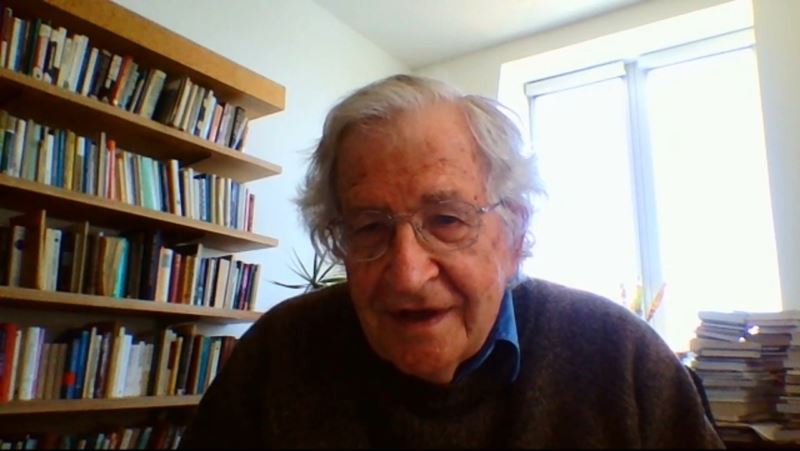
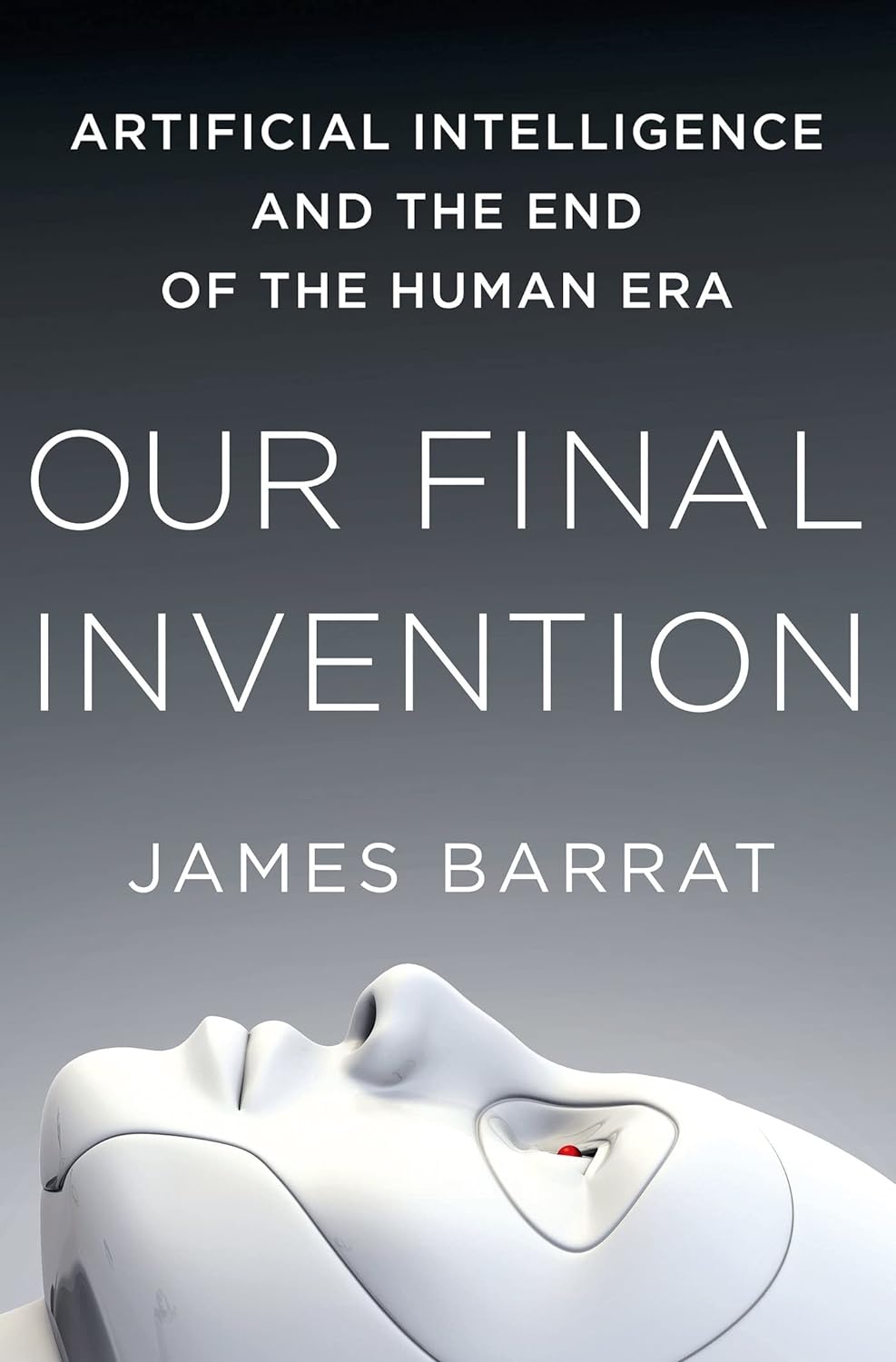 For 20 years
For 20 years 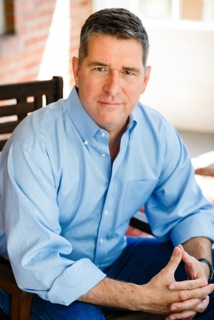
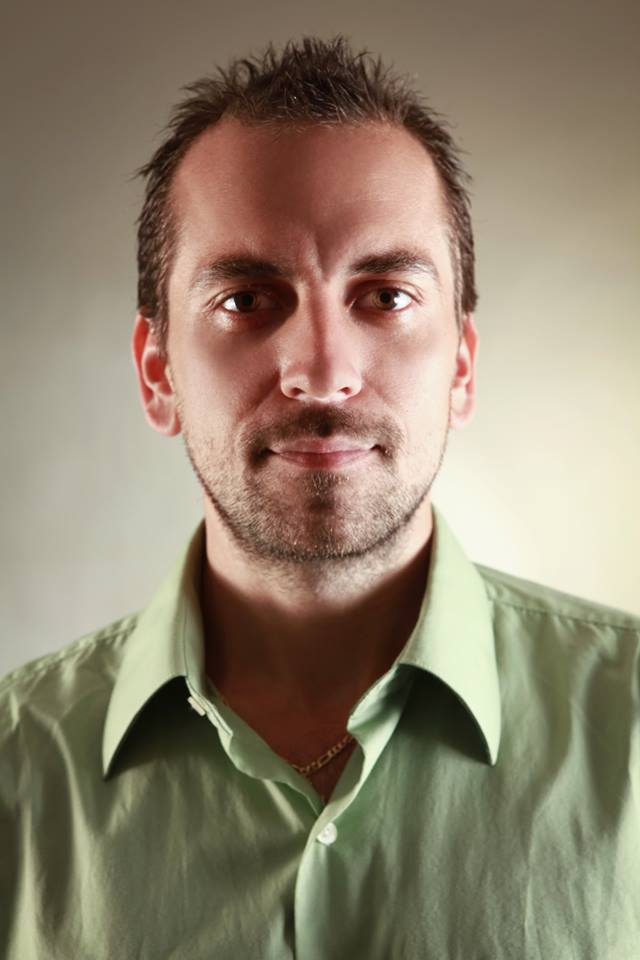

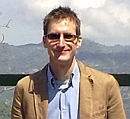
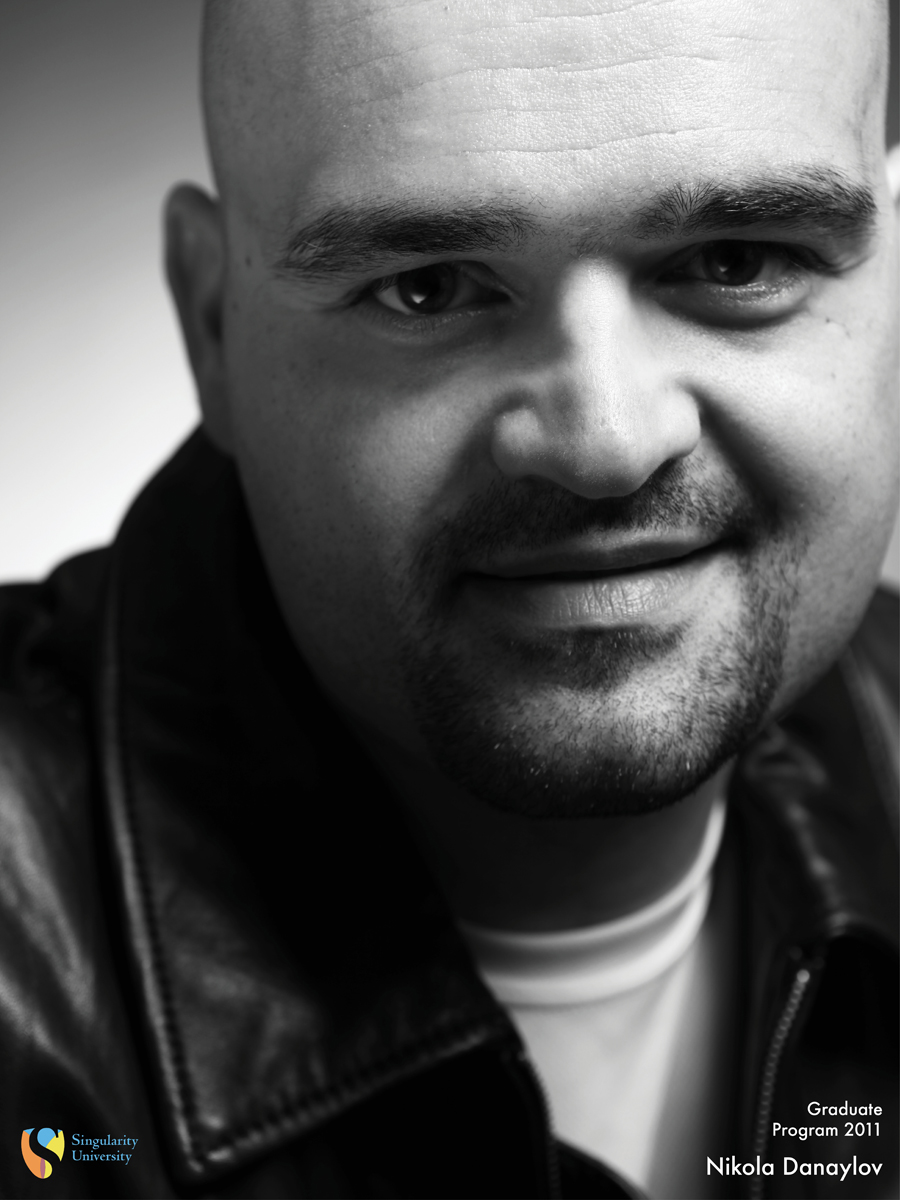 I know how hard it is start a podcast. So when budding podcasters ask me for an interview, I am always looking for reasons to say “Yes.”
I know how hard it is start a podcast. So when budding podcasters ask me for an interview, I am always looking for reasons to say “Yes.”
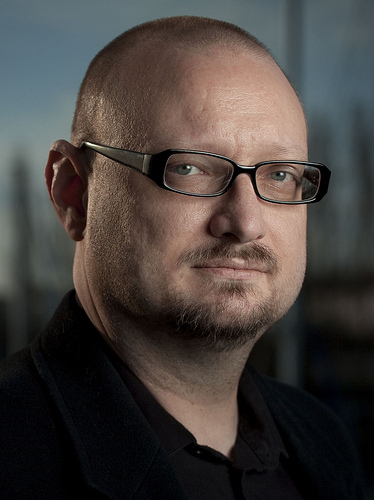
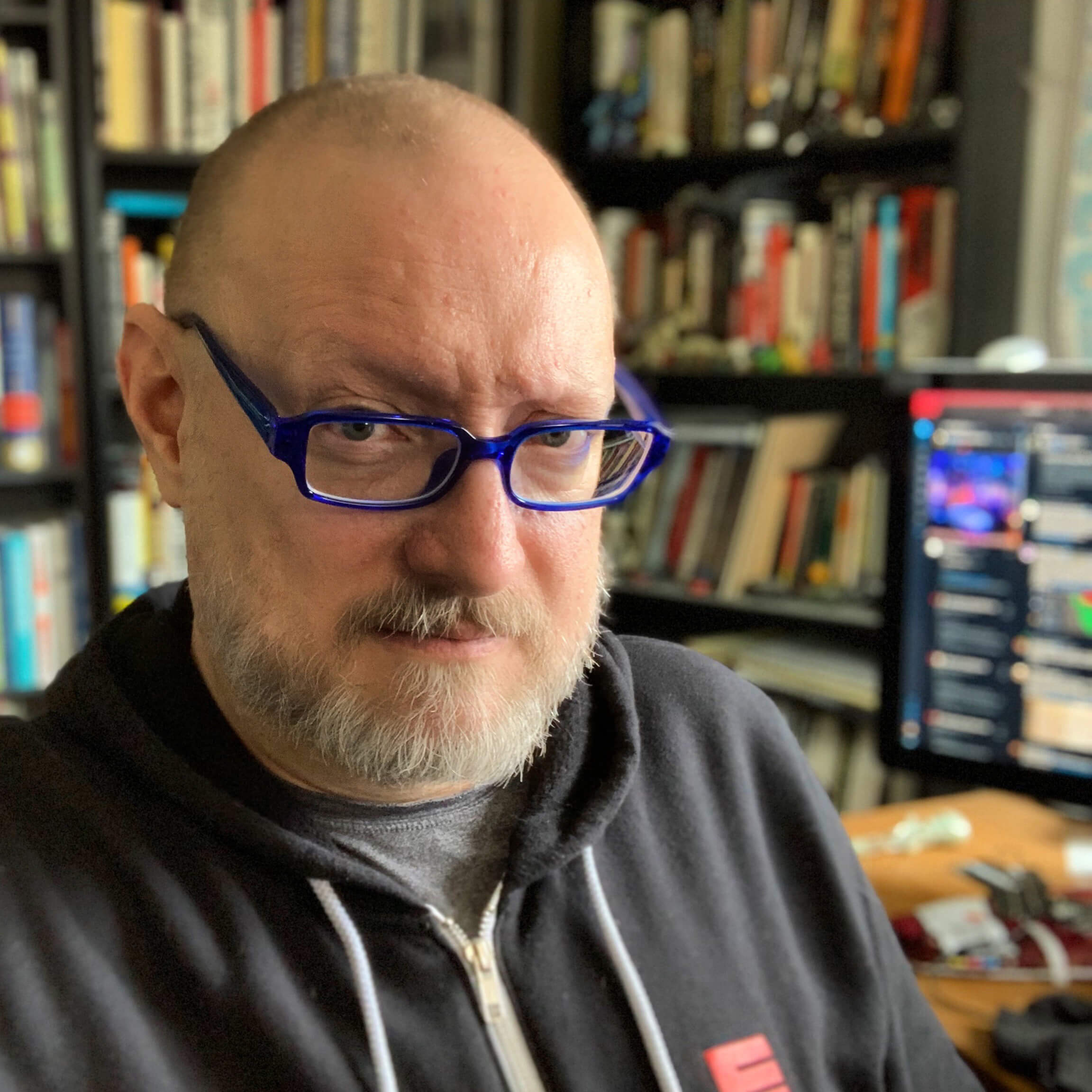 Selected by Foreign Policy magazine as one of their Top 100 Global Thinkers, Jamais Cascio writes about the intersection of emerging technologies, environmental dilemmas, and cultural transformation, specializing in the design and creation of plausible scenarios of the future. His work focuses on the importance of long-term, systemic thinking as a catalyst for building a more resilient society. Cascio’s work appears in publications as diverse as the Atlantic Monthly, the Wall Street Journal, and Foreign Policy. He has been featured in a variety of television programs on future issues, including National Geographic Television’s SIX DEGREES, its 2008 documentary on the effects of global warming, and Canadian Broadcasting Corporation’s 2010 documentary SURVIVING THE FUTURE. Cascio speaks about future possibilities around the world, at venues including the Aspen Environment Forum, Guardian Activate Summit in London, the National Academy of Sciences in Washington DC, and TED.
Selected by Foreign Policy magazine as one of their Top 100 Global Thinkers, Jamais Cascio writes about the intersection of emerging technologies, environmental dilemmas, and cultural transformation, specializing in the design and creation of plausible scenarios of the future. His work focuses on the importance of long-term, systemic thinking as a catalyst for building a more resilient society. Cascio’s work appears in publications as diverse as the Atlantic Monthly, the Wall Street Journal, and Foreign Policy. He has been featured in a variety of television programs on future issues, including National Geographic Television’s SIX DEGREES, its 2008 documentary on the effects of global warming, and Canadian Broadcasting Corporation’s 2010 documentary SURVIVING THE FUTURE. Cascio speaks about future possibilities around the world, at venues including the Aspen Environment Forum, Guardian Activate Summit in London, the National Academy of Sciences in Washington DC, and TED.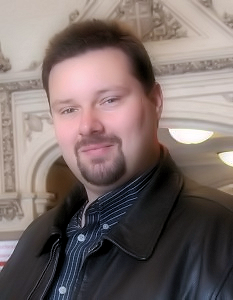 Tracy R. Atkins
Tracy R. Atkins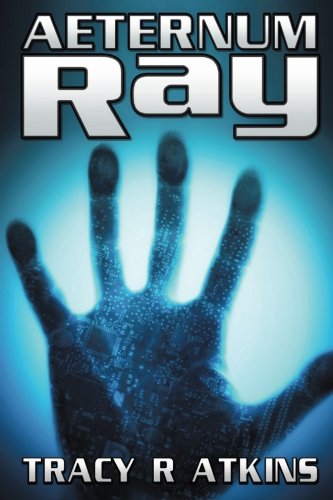 “Poverty, terrorism, murder, disease, homelessness, hopelessness, hunger, and death; all cease to exist in 2049.”
“Poverty, terrorism, murder, disease, homelessness, hopelessness, hunger, and death; all cease to exist in 2049.”

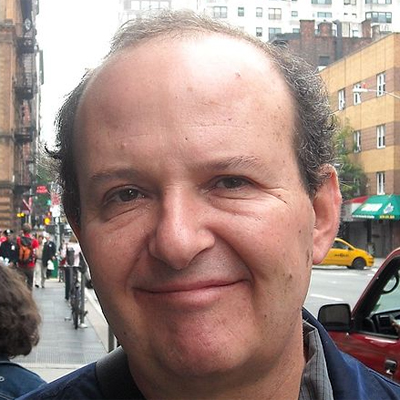
 Some people fear flying. Others fear sky diving. Others still loathe crowded spaces or elevators. Some can even give you
Some people fear flying. Others fear sky diving. Others still loathe crowded spaces or elevators. Some can even give you 
